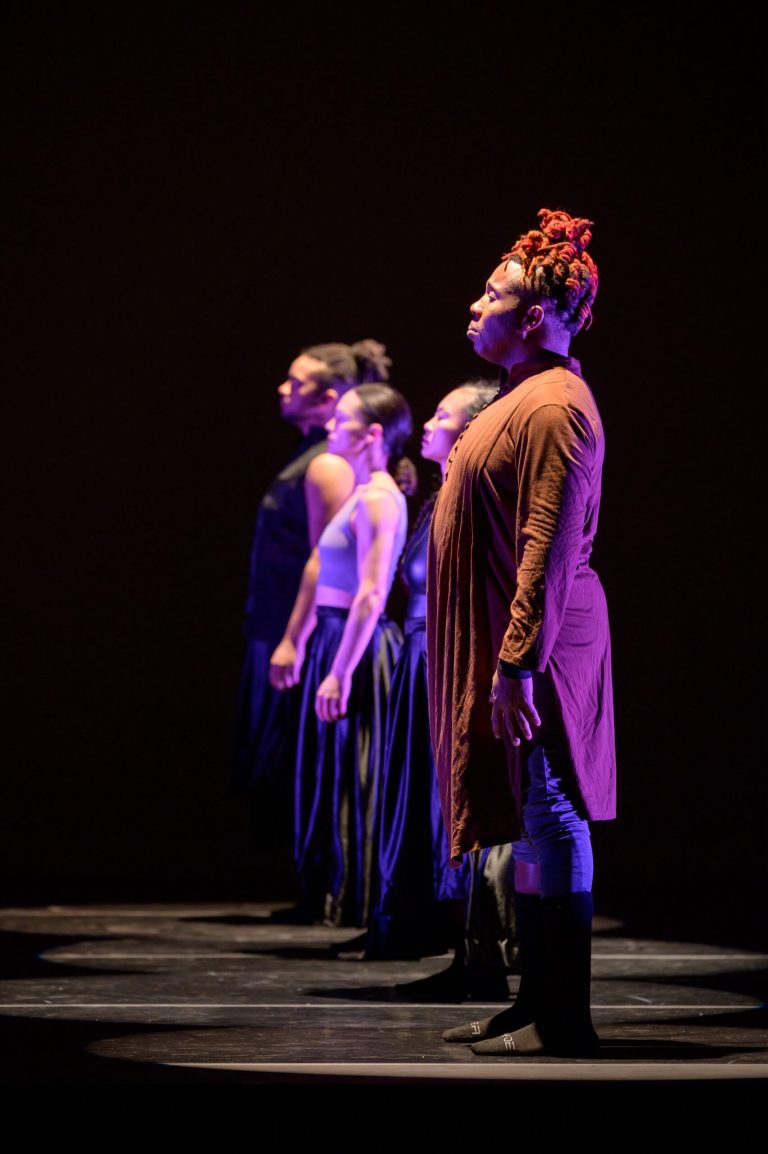Liz Foster ’22
Managing Editor
As Election Night stretched across four endless days, teenagers and 20-somethings dashed to the internet to meme their hearts out over a night riddled with anxiety. Jokes about Nevada taking its sweet, sweet time to count ballots as the state grew increasingly crucial to the race; the “Chartthrobs” of CNN, MSNBC, and NBC, like Steve Kornacki and John King, who tirelessly tapped on interactive boards for the four days straight of counting; and the nation’s collective obsessed with refreshing The New York Times and fivethirtyeight.com, populated Twitter and Tik Tok. The fear of a second Trump presidency permeated throughout the respective IRL and E-nation, leaving young people, especially members of Generation Z, to do what they do best: make a mockery out of it. Even after Joseph R. Biden, Jr.’s effective, and now conclusive, win, the internet couldn’t stop joking about the egregious amount of time it took to reach what some dubbed “the finale of 2020.” In a year riddled by disease, natural disaster, and rising tensions across the United States, a highly anticipated election, one that quickly gained the title of “the most important election of our lifetime, served as the perfect backdrop for fears and hopes to develop into bits and tweets.”
The 2010s have shaped an internet culture that grants memes the power to distance humanity from the real life problems that pervade the overstimulating, crisis-laced IRL world, sucking us into the void of the internet. Memes appeared in the form of newspaper cartoons or bizarre, real-life fads such as the “pole sitting” trend of the 1920s which served as a precursor to the “planking” craze of 2011. Memes evolve alongside societal plagues, celebrations, and innovations. From a singular photo template reshared with different top and bottom texts typed in a heinous, all-caps impact font to viral YouTube videos to deep-fried, over-saturated images shining a spot light on the red “B” emoji, people have continued to find new ways to make each other laugh. Social media has undoubtedly led to the boom in popularity of “meme” content given that most, if not all, memes originate somewhere between Twitter, Instagram, Tumblr, Reddit (or its darker sibling 4Chan), and Tik Tik. Once they’ve started on one platform, they’re reposted on every other one until the joke has been sucked dry, exhausted of all its humorous qualities. Jokes are stolen left and right, and the concept of “original content” has slowly faded away with the rise of social media accounts that seem to reshare nearly the exact same memes. Yet, we rely upon these interconnected communities of like-minded humorists who share respective corners of the internet. Some people laugh at Twitter users like @CaucasianJames and @LilSasquatch66 who alternate between self-deprecation, tongue-in-cheek political remarks, and other commentary on whatever is trending that day either IRL or in the tangible world. Instagram accounts such as @juulpuppy post “niche” memes that speak to struggles with mental health and being overwhelmed by merely existing in a society. There’s a flavor of meme for anyone and everyone if only you search long enough.
As the coronavirus drew closer and closer to the United States, eventually flourishing with over ten million cases as of Nov. 15, anxieties grew that the disease would be as devastating as it has proved to be. Immediately, Tik Tokkers jumped to create relatable content to entertain their peers immediately before, and during, the country’s pseudo-lockdown. For You Pages, the “explore” page customized for every user based upon a conglomerate of data, were flooded with a playful “it’s corona time!” audio, dances to a Tiger King themed remix of Megan thee Stallion’s “Savage,” and complaints about the inability to do anything, anywhere once the country began to shut down into its pseudo-lockdown.
Creating and sharing virtual content fills a hole of anxiety induced by events like the COVID-19 pandemic, the 2020 election, and the fear of an “impending World War III” that circulated across Twitter once a U.S. drone strike killed Iranian major general Qasem Soleimani in January. Humor is the easiest crutch to lean upon in hard times. Anyone is capable of making a joke, and our collective societal experiences shared on the Internet offers plenty of room for niche references to tickle the right person’s brain. Comedians are stepping off the stage and onto the screen. Many meme accounts focus on deeply personal content such as depression, failed love, and self-hatred, and yet these accounts’ comment sections are filled with laughs and friends tagging each other to declare how the post is “such a mood.” Tragedy and comedy are inherently intertwined, and the more unfortunate the world gets, the more the internet tries to compensate.
The world is weird. Arguably, it’s whack. In Shakespeare’s mind, all the world’s a stage and we’re its players; in the year 2020, the internet is our stage and our shitposts are its players. In a year that has promised almost nothing but conflict and calamity, banter and bits are the gravity keeping us centered. Your life is not a joke, rather everyone’s is. In order to stay sane, memes must remain the forefront of our humor.





+ There are no comments
Add yours